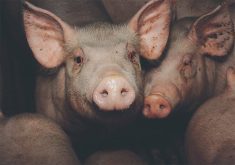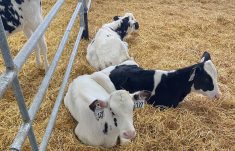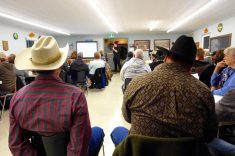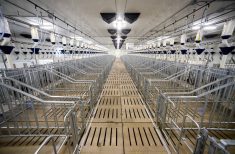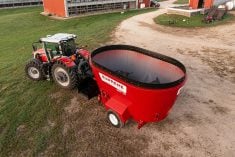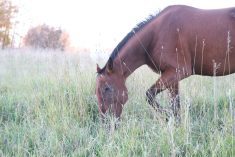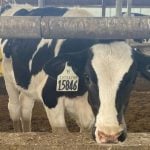An Alberta researcher is looking for plants that can fight pathogenic E. coli in chickens.
Sophie Kernéis-Golsteyn, a microbiologist, teacher and head of the microbial research lab at Lethbridge Polytechnic, is testing phytobiotics to see if the material can be used instead of antibiotics to treat chickens.
“Phytobiotics are basically everything coming from plants,” she said.
Read Also
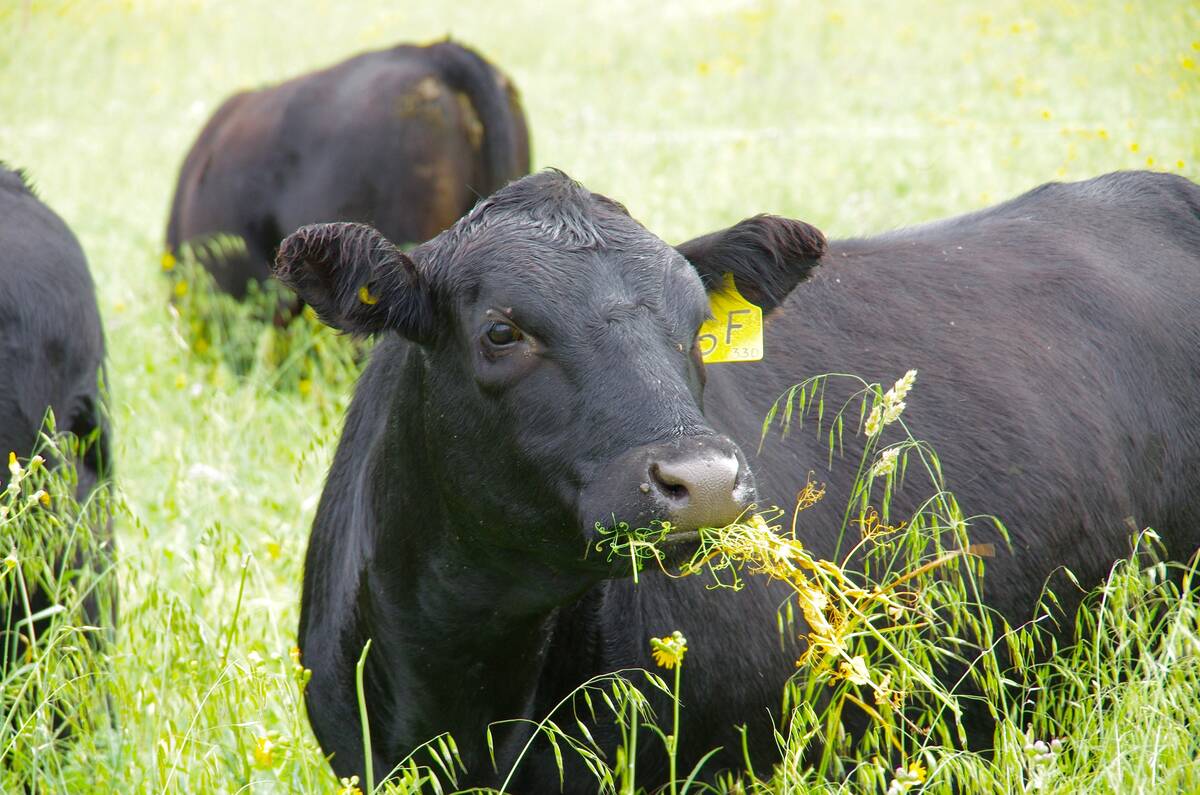
Canadian cattle industry has wins to shout about
Canada’s cattle management has become more efficient, more humane and more knowledgeable, but industry terms may not resonate with the general public.
Why it matters: Antimicrobial use in livestock is facing increasing scrutiny, given increased concern around human antimicrobial resistance.
Some plants have anti-inflammatory properties.
Phytobiotics can also be developed from bacteria or fungi but at this point, there are no commercialized antibiotics developed from plants.
Kernéis-Golsteyn is working with two graduate students to study plants that can battle avian pathogenic E. coli. It is a two-and-a-half-year project, and work is expected to wrap up in about a year. It is funded by Egg Farmers of Canada.
The team will use extracts prepared from various parts of plants and test them on samples of E. coli to see if they inhibit or delay bacterial growth.

In 2016, Kernéis-Golsteyn’s research team began testing native plants to look for antibiotic properties and built a collection of more than 150 samples. They have narrowed the study to two plants, one in the genus Rumex and the other from the genus Potentilla.
Both plants are a fair size and could be easily collected and used in treating chicken, said Kernéis-Golsteyn. They grow in the Lethbridge region, but she did not identify the species for safety and security reasons.
Avian pathogenic E. coli can cause major financial losses to a farm and to the poultry industry. It is one of the leading bacterial causes of mortality in poultry, resulting in millions of chicken deaths and an estimated $10 to $50 million in losses each year. The bacteria can reduce growth and egg production.
E. coli is normally present in the gut of chickens but as the industry moved to keep birds in more open spaces, they share more microbes with each other.
“You will have these bacteria in the feces, in the feeder and with the dust. It will spread everywhere,” said Kernéis-Golsteyn.
Chickens can lose appetite, which lowers the feed conversion rate. When a chicken with avian pathogenic E. coli is killed, the infection can become apparent and the poultry will not be sold.
When the plant-based portion of the research is finished, Kernéis-Golsteyn will collaborate with Roy Golsteyn at the University of Lethbridge to test the anti-inflammatory properties on chicken cells in culture.
If that shows promise, Lethbridge Polytechnic will join forces with Doug Korver, professor emeritus from the University of Alberta. His work focuses on poultry nutrition, and the plant extracts will be tested on live chickens.
Kernéis-Golsteyn said the project aims to help the chicken industry and use native plants that can conserve water.
“I think it’s very important today, because water is limited and having crops that require a lot of water in the future could be an issue,” she said.
It’s important to find new treatments because of antibiotic-resistant bacteria, she added.
“Huge quantities of antibiotics have been used and because of that, we have selected bacteria that can grow even with the presence of antibiotics.
“When you have a bacteria with an antibiotic resistant gene, because they are all packed together, they will exchange their genes. You will have another type of bacteria, maybe more dangerous, that will become resistant to an antibiotic, and then it can become resistant to others as well.”
Kernéis-Golsteyn said her lab is open to anyone wishing to learn more about the project and she is looking for industry partners and investors to aid in various grant applications.
“I’m good until the end of 2025, but I would really like to get more money and continue on the project,” she said.




